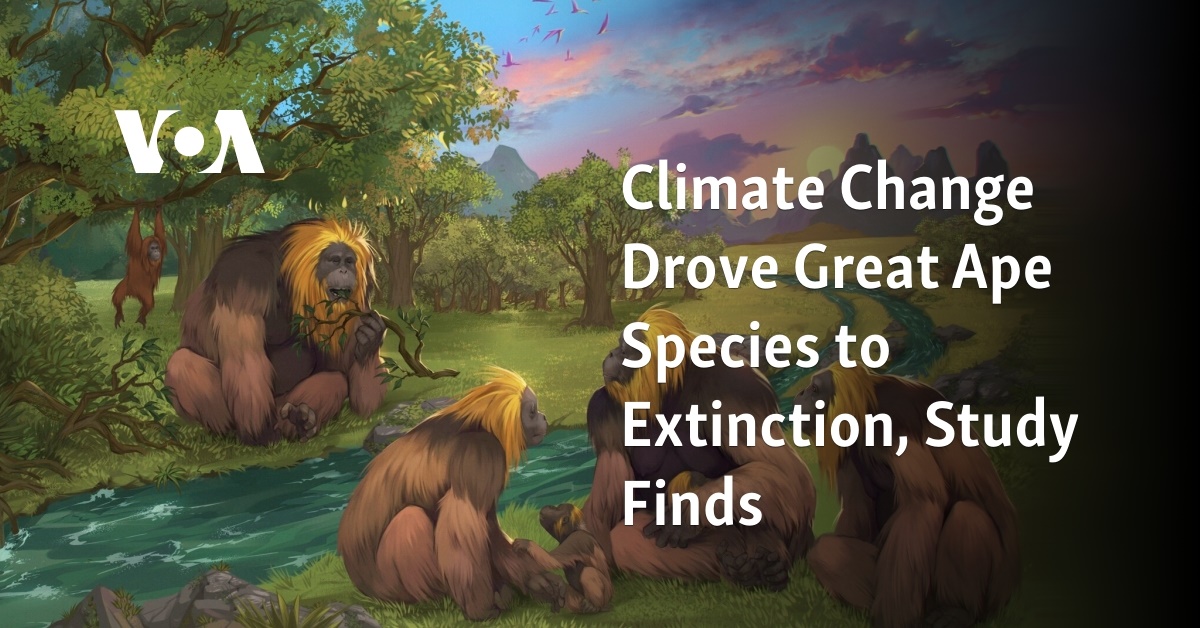Honeybees invaded a reporter’s home, and upended everything she thought she knew about them
As It Happens108:20:00Honeybees invaded a reporter’s home, and upended everything she thought she knew about them It started with a single bee. Sarah Kliff, a New York Times reporter, was working from home in Washington, D.C., a few weeks back, when she found a bee buzzing in her window. “I thought it had just gotten … Read more














